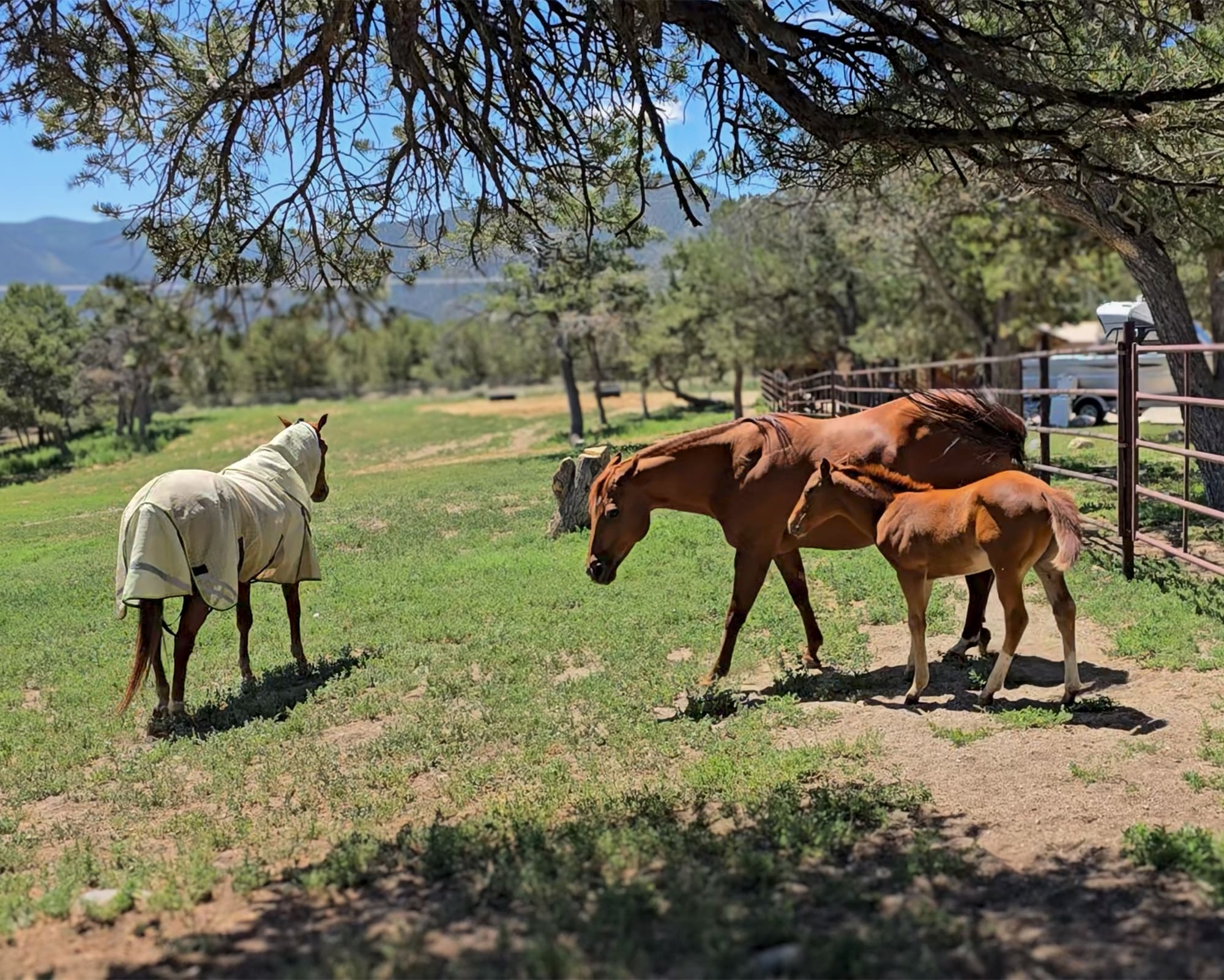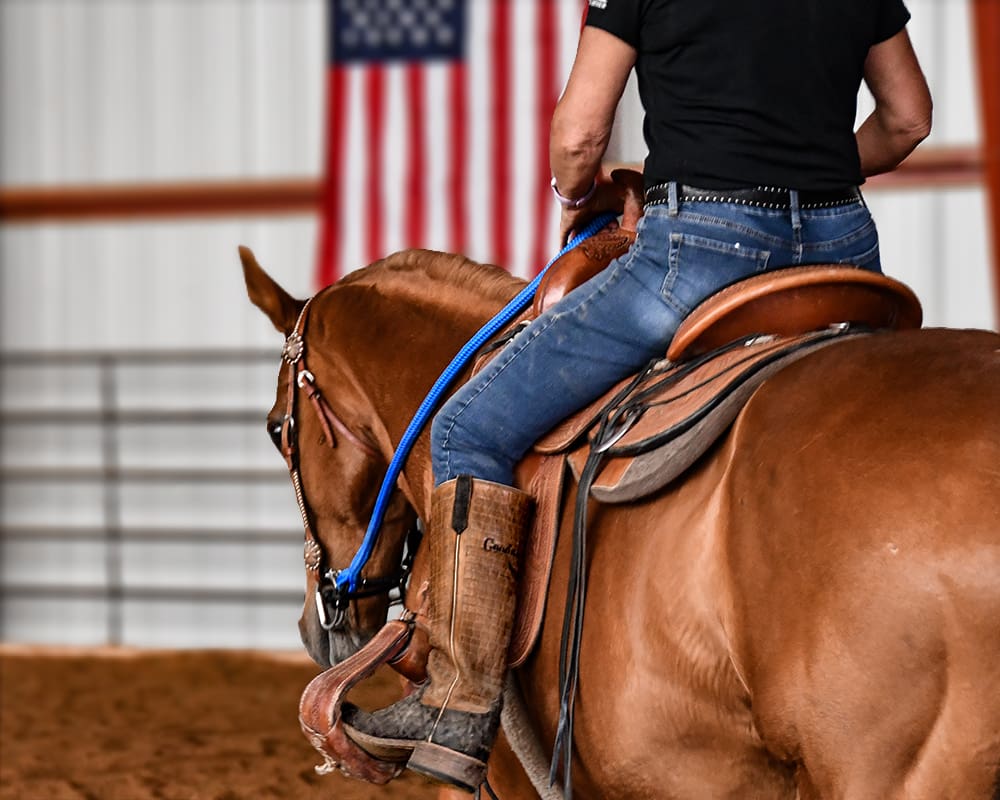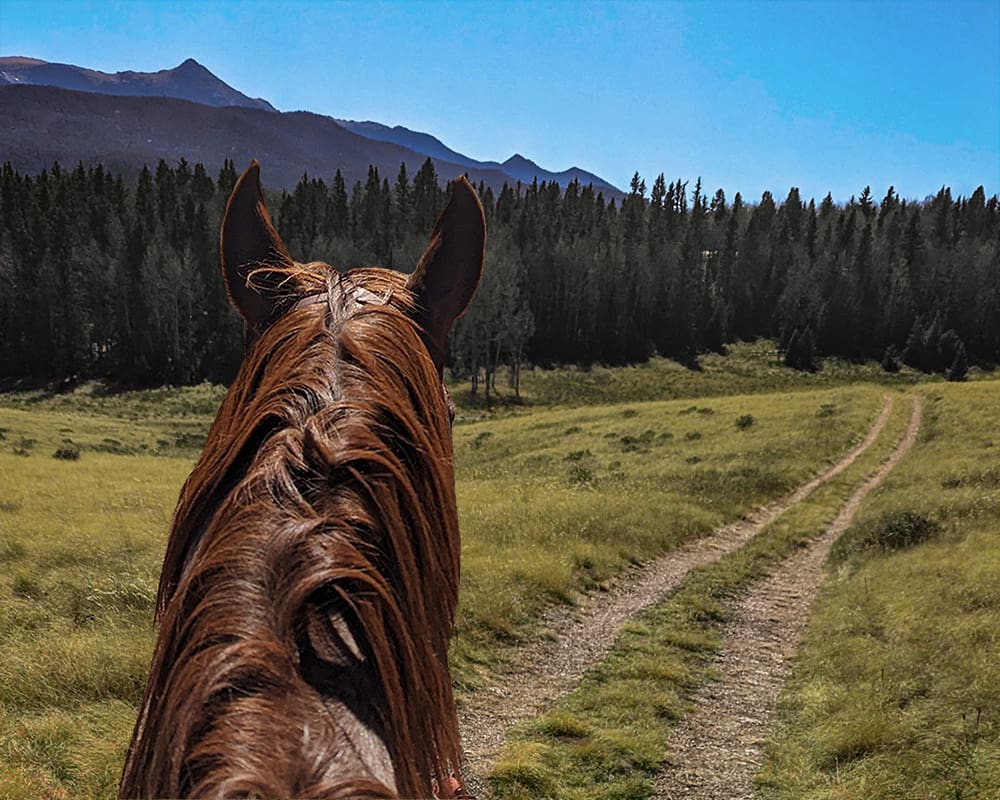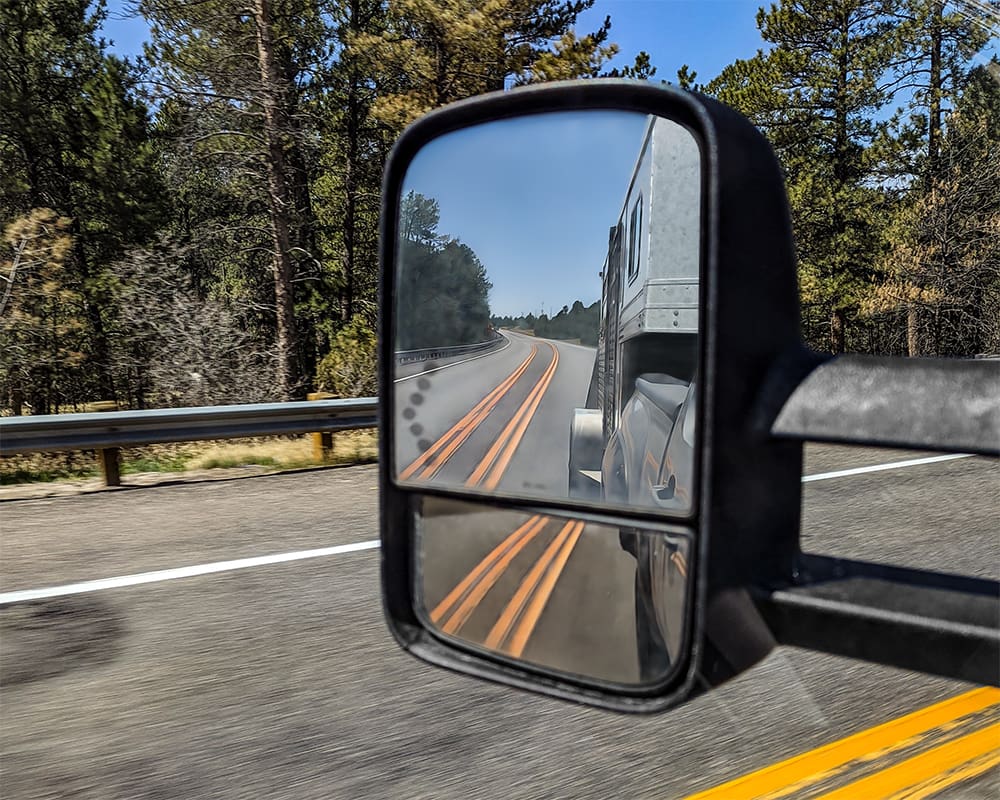Recently I taught a clinic with about 30 4H kids. Surprisingly, they were all mounted on pretty decent horses and most of the kids had appropriate tack and rode reasonably well. They were all good students and it was a fun and successful clinic.
Afterwards one of the mothers asked me about her daughter’s horse, what I thought of it and what they needed to work on most. Conjuring up a picture of her daughter’s horse in my mind, I remembered the disconcerting grimace, wrinkled lips and open mouth the horse displayed. Sadly, this is something I see a lot and it can only mean one thing: the horse is uncomfortable in the mouth for some reason. Once ruling out a dental or other mouth problem, all evidence points to the bit.
It never ceases to amaze me how horses do their jobs and keep going in the constant face of pain and/or gripping relentless pressure on their mouths. I see it every single time I do a clinic and it is why I have taken to traveling with twenty pounds of bits and bridles so that when I see this happening I can experiment with different bits to find the best solution for the horse—to make the horse more comfortable in his mouth so that he can better tolerate the rider. It is amazing how often just changing the bit to something more comfortable for the horse will make a world of difference. Add to that, making adjustments in the rider’s position and arming them with more knowledge, and often the turnaround is remarkable. I love that about my job—helping horses and riders be better and happier.
As the mother queried me about how her daughter and her horse might improve, I recalled the troubled look on the horse’s face and the gaping mouth and asked her what type of mouthpiece she had on the horse (I could see it was a snaffle but could not see the configuration of the mouthpiece). The mother wasn’t sure so we wandered over to their trailer and asked the girl to bring her bridles out. She brought me two different bridles she used on the horse; one she had just taken out of his mouth, the other hadn’t been used in a while. Both bits were coated deeply in gross dried-on slobber and food particles. It was so thick and dried-on at the corners of the mouth on both bits that I couldn’t even chip it away with my finger nail. The middle of the bits, at the joints, were both clogged up with bits of hay and whatever gross stuff had glommed on to it. How would you like to put that in your mouth? What if you had to put on dirty, smelly clothes every day? What if you had to eat with a fork that had been used again and again and never been washed or even wiped off?
Now I must confess that I do not thoroughly clean my saddle every single time I ride (like I was taught to do when I was a kid), although I do clean it regularly; but I do rinse and wipe down my horse’s bit after every single ride. This blatant display of poor horsemanship was really disconcerting to me on a number of levels. First, it points out some huge holes in the program that these kids are not being taught to respect their equipment and take care of it. Perhaps things have come to easily for some of these kids. Are they really learning the right things?
It also highly concerns me when people show a blatant disregard for a horse’s comfort and well being. How is it that people (adults and children alike) totally lose sight of the fact that the horse is a living animal with feelings, nerves, emotions and taste buds? How is it that we lose sight of the fact that the horse is trying his hardest to do what we ask and to serve our needs and yet we are so quick to blame the horse or say the horse has a problem, as if we have no culpability whatsoever? I have seen this over and over again throughout my career and it is always depressing to me. I know that in many instances, the people started out with a love and passion for horses but somewhere along the way lost sight of the fact that a horse is a living, breathing animal and that it is our responsibility to take care of him and keep him healthy, safe and comfortable.
Empathy for horses should always be taught, to children and adults alike. Respect for your equipment and good horse husbandry are important lessons. Our youth have so many great things to learn from horses and horse sport and these things are part of responsibility, accountability, respect for animals and property and good husbandry. These are small prices to pay for the privilege of working with horses. Are you instilling these values in the youth, students and protégés you influence?
I am renewing my commitment to encourage people to think things through from the horse’s perspective and to increase their awareness of the horse’s point of view.
Enjoy the ride!
Julie
Check out Julie’s Myler Bits on her Shopping Cart. HERE



